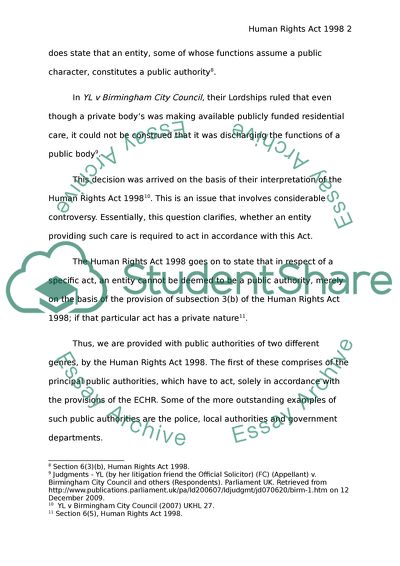Cite this document
(Public Authority and Human Rights Act 1998 Assignment, n.d.)
Public Authority and Human Rights Act 1998 Assignment. https://studentshare.org/law/1731065-pubic-authority-and-human-rights-act-1998
Public Authority and Human Rights Act 1998 Assignment. https://studentshare.org/law/1731065-pubic-authority-and-human-rights-act-1998
(Public Authority and Human Rights Act 1998 Assignment)
Public Authority and Human Rights Act 1998 Assignment. https://studentshare.org/law/1731065-pubic-authority-and-human-rights-act-1998.
Public Authority and Human Rights Act 1998 Assignment. https://studentshare.org/law/1731065-pubic-authority-and-human-rights-act-1998.
“Public Authority and Human Rights Act 1998 Assignment”. https://studentshare.org/law/1731065-pubic-authority-and-human-rights-act-1998.


